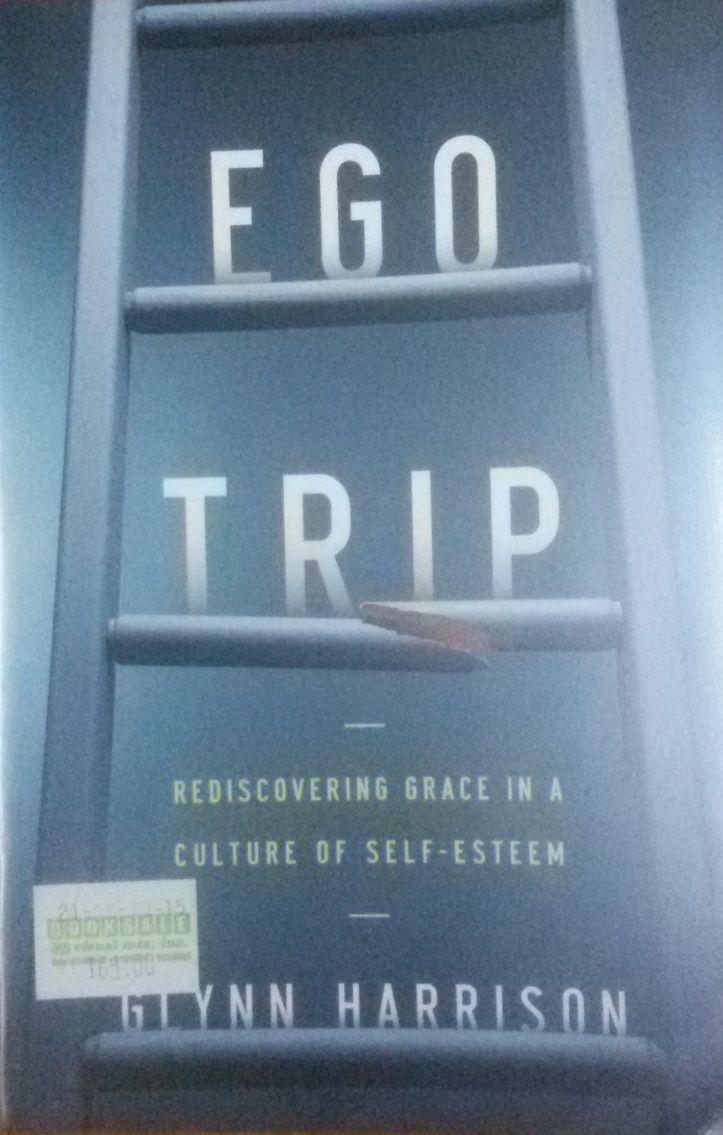
I was brought up by a disciplinarian father who did not hesitated to use his leather belt to punish me when I refused to obey or do mischiefs. I hate every time I was hit, but it reminded me of things I should not do. As I grew up, I developed the attitude of keeping away from things and events that would led me to ‘punishment.’ My father was not a disciplinarian just for the sake of discipline. He was proud of my achievements and supported me in all of my undertakings even if those were far from his ‘dreams’ for me. I appreciated what he did to develop my character.
The book by Glynn Harrison explains the foundation of how parenting is done today. Children are pampered and praised and rarely censured. Instead of discipline as the guide for growing up, enhancing self-esteem is considered as the more appropriate approach. The concept suggests success can be attained when children are showered with praise as they grow up. Reprimand will demotivate them and corporal punishment will traumatize them.
Harrison captured it with the statement, “Modern parents preside over an atmosphere of too much praise, too little failure, and insufficient boundary-setting, leaving many young people ill-equipped for the harsh realities of life.” Not only that, the ‘me’ became the center of the universe. “Boosting young people’s self-esteem for so long, we have unthinkably built a generation of narcissists,” he added.
And so there is now a mindset where people think highly of themselves. The ego has been bloated and further reinforced by social media, and it also gave rise to entitlements and privileges, expecting other people to give favor, but never dispensing favors to others.
The phenomenon is not limited to families, as the church also reflects the move to promote self-esteem among Christians. The culture of self-esteem and the ‘me’ attitude seeped into the church as leaders tried their best to attract members and retain those who are already inside. How do they do that? Harrison shared, “Most growing churches today positively play to our culture’s preference for informality and individuality.” Worse, instead of Jesus as the center of worship, Harrison observed that, “Today’s successful churches have adapted cleverly to our self-oriented culture by front-ending their appeal with what people want.”
The individual became the focus and worship service is now designed to fit his needs. The music, the message and the amenities should suit his expectations and intellectual level or else he will find another church that can satisfy his idea of religious exercise.
Gradually, the self became the idol.